interview by Michael McCarthy
I recently fell in love with Canadian alt-pop singer-songwriter Adaline’s new album Aquatic, which contains a treasure trove of thought-provoking lyrics, sung over some of the most seductive basslines ever recorded and blissed-out beats that mix the organic and the electronic to perfection. I must also add that her vocals are as refreshing as a cool mist on a hot summer’s day. The album’s cover is dark and haunting, but its songs are largely quite colorful. Those that aren’t so Crayola 64 pack are a nostalgic black and white and no less brilliant. These things can also be said about her last album, Modern Romantics, which is equally introspective and packed with delicious pop hooks. I’ve also checked out an album Adaline did with her DJ friend Revise called Neo-Noir, which was released under the name The Organization. It’s a fascinating listen as the two sampled film scores and other sounds from several neo-noir films, like Chinatown and Taxi Driver, and turned them into original compositions. I recommend you get acquainted with Adaline’s music by first listening to Aquatic, since it’s her most recent and, in my opinion, her best. Or, you could get acquainted with her by reading this interview and checking out the tunes below.
MM: I understand you were born in Ottawa, Ontario but moved to Vancouver when you were 15. What prompted the move?
A: I moved a lot. I’ve lived in about 15 different cities because my father was a minister. Every three to five years we were making a move since I was born so I lived in lots of different cities and ended up in Vancouver when I was 15 and then lived in a couple of cities in that area then I moved back to Toronto and now I’m in Los Angeles. So, I’m good. I just fly all over the place.
MM: I lived out in Los Angeles for a few years. I lived in Glendale. Whereabouts do you live?
A: Ah, well, I live downtown right now. But I like Glendale. What were you doing there?
MM: At the time, I was writing screenplays. So, I figured that was the best place to be for that.
A: Yes. [Both laugh]
MM: Do you come from a big family?
A: Nope, there’s just four of us. My mom, my dad and I have a younger brother. He’s married. They actually all live very close to each other. I’ve definitely been more of the black sheep as far as, you know, just running around and doing different things. A little bit more of an intense lifestyle, I suppose. But my brother and my family live over in the suburbs of Vancouver.
MM: How old were you when people started praising you for your singing?
A: Oh, how old was I? Three! [Laugh] I started singing really young. I’m a minister’s daughter so I was growing up being on stages, just really used to being in front of people and singing. For me, I don’t ever remember not singing. It was just sort of something that I did.
MM: Did you take lessons?
A: No. I took a couple voice lessons when I was fourteen. I think I wanted to learn more about pitch control and singing from the diaphragm and all those kind of like things. But I definitely wouldn’t call myself a trained singer. I have a lot of bad habits.
MM: I was wondering if you studied classical or opera because you hit such high notes.
A: [Laughs] God, no, I wish. I studied classical piano. I have a background in classical music but not for voice.
MM: Did you study any other instruments?
A: Nope, just the piano. I was pretty serious about the piano. I kind of studied it all the way at university. So, that was a passion of mine for sure.
MM: What did you study at university?
A: English and theatre. I wanted to be an actress. And then something happened. Well, I wanted to be a teacher to be honest, but I wanted to teach theatre. My favorite part of high school was theatre and the arts really got me through school so I wanted to kind of get into that and be a teacher in high school for theatre. But my path lead me somewhere else, obviously.
MM: How does the writing process usually work for you? Do you write alone or do you write with anyone else?
A: The writing process for me used to be a very certain way. And over the last three to four years it’s shifted quite a bit. I used to be very much a solitary writer. So, when I’m writing records, still to this day, I tend to write lyrics all on my own. And I write them separately. So, I’ll usually go somewhere hot and sunny or somewhere exotic that makes me feel inspired. I try to get away from my regular life. It’s easier to reflect on life there. I’ll just go with no judgments and no agenda and I just stream of consciousness write for about seven days. I’ll just fill a journal. And then when I write the music I go and just do melodies, very much melody first. And then I’ll go through my notebook and massage things so they fit. But now I do a lot of collaborating, too. I’m also doing more co-writing. But I wouldn’t say I’m a great co-writer lyrically. For other people, I have no problem. It’s just someone else’s song. I’m more than happy to collaborate with them on lyrics. But when it comes to my own material I still feel very strongly that I want it to be 100 percent coming from me as far as the lyrics go. But musically, I love collaborating with people.
MM: It’s interesting because you’re one of the few people I’ve talked to who’s written lyrics first. Usually it’s always that they do the music first and then the lyrics are more like an afterthought.
A: Oh, well, for me, melody is king, but I think it’s tricky. When you do lyrics later, it’s really hard to get a great lyric just out of the sky. You have to be prepared. You need those lines written down. Have something to say. I’ve done a lot of sessions like that where it’s like talk writing. Simple lines and very simple subject matter. But I don’t want to do that with my own music. I want it to feel more poetic. So, that just takes more preparation.
MM: So, do you write regular journal entries or poetry at all?
A: Yeah. Poetry for sure. I’m sure you know this because you’re a writer. It’s really important sometimes to keep writing for no reason. Because you can get in a bad habit where everything you’re writing is like this is gonna be for a song. This is gonna be for public consumption. I think it’s important to write without fear of anyone ever seeing it. I think that’s still an important thing to do. I try as much as I can to write poetry that no one will ever see. It’s bad poetry.
MM: I doubt that.
A: [Laughs]
MM: You mentioned writing with others. Who are some of the people you’ve written songs with or for?
A: I’ve written with mostly Canadian artists. A girl named Michelle Treacy who has a couple songs on the radio. Another girl, her name’s Nuela Charles. She actually won single of the year there at the Edmonton Music Awards last night. So, I wrote that song with her. Mostly women. I don’t know why. I’m happy to write with men. A lot of times it’s up and coming [artists]. They’re young, signed to major labels and they need songs. When artists are very, very young they’re like 18 or 19 and just need a little bit of help finding the right voice for them. It takes time to find that.
MM: What was on your mind when you wrote “Younger Days” and “Break Me Apart”? Those two especially seem to have really deep lyrics.
A: Yes. The way that “Younger Days” came to be was a really interesting thing because I was in the studio, making the record, and it was a studio that’s also used as a film studio. And there was a director there who was making a commercial and we were in the kitchen having lunch or something and he was like “I play a little guitar, I have this chord progression I’ve been playing for years that I really love, I’ve never done anything with it.” I was like, “OK, let’s hear it.” He played it for me and I just started singing on top of it. It was so quick and seamless. Lyrically, it was one of those songs that just wanted to be written. It was one of those beautiful moments where a song just kind of emerges. And that was it. Obviously, I’ve gone through enough in life to know how it feels when your younger days threaten to ruin your current days. When people can’t get over your past. They start to blame you for things you’ve done in the past and how stressful that can be and self-sabotaging. If we cannot allow those things to just be in the past. I had kind of gone through that recently. And “Break Me Apart,” what’s the storyline with “Break Me Apart”? The lyrics for “Break Me Apart” were the hardest lyrics I’ve ever written on a record. I struggled with that song. I don’t know if it’s laziness or luck, but I don’t rewrite very much. I tend to be like, OK, this is it. With this song, oh my gosh, I rewrote it probably ten times. I didn’t know what it wanted to be. And it just wasn’t feeling right. So, it took a really long time to massage that into what it is now.
MM: Who produced Aquatic?
A: Tino Zolfo. He’s a longtime collaborator of mine. We just have similar views on what the music should sound like. It should be real and raw and not be too trendy. We just have like very similar views on music.
MM: Do you ever use any samples or loops in your songs?
A: Well, loops, I do, definitely. I like to have loops and then get a real player as well and layer up the sound. But samples, no, the main reason is that I live a lot on doing things from film and TV. And if you have samples in your songs, you can’t clear them. So, for me, it just means I won’t make money. So, I try to avoid including samples.
MM: What do you use for programming when you do loops?
A: Ableton. I do a lot of stuff in Ableton. My producer almost exclusively works in Ableton. I would say that’s probably our program of choice.
MM: How many albums do you have out? Because I’ve read a couple of different things.
A: I have three. Well, I have four albums out. I have an album I released when I was really young. My first record, which is called Famous for Fire, and that is more of an orchestral [album]. You can definitely hear more of my classical training on that record. Then I did a record with a DJ friend [named Revise] called Neo-Noir and that is full of samples. We took old sounds from neo-noir movies – even the gunshot sounds – and beats. The strings, we chopped them all up and made new string progressions then I wrote lyrics based on the neo-noir films. That was more of a tribute to the genre than trying to make money with it. We couldn’t sell it. It was more of a creative project. Then Modern Romantics and now Aquatic.
MM: I listened to Modern Romantics on Spotify. I’m going to have to buy that one soon. It looks like they have it on vinyl on Amazon Canada.
A: Yes.
MM: Is Aquatic on vinyl yet?
A: That’s the goal. Right now we’re really focusing digitally. Obviously, if I end up doing some touring. I’ve done a couple dates to release the record and if I do any more extensive touring then I’ll get some vinyl so I can sell something offstage then I’ll make sure it’s available in the stores online as well.
MM: I’d love to have that one on vinyl. Are you a vinyl fan, by any chance?
A: Oh, yeah, 100 percent. Yup. Yup.
MM: What do you think about the vinyl comeback? Were you surprised at all?
A: No, I’m not surprised. The thing about vinyl is that it’s unlike any other [format]. It’s romantic. It has a sound. It gives it a vibe. It actually sounds warmer and you get to flip the record over. It’s the most romantic things, like cooking dinner and listening to an old record. There’s nothing better than that. CDs are corny and tapes are annoying. It’s really the only form that will stand the test of time as far as that goes.
MM: Has the vinyl comeback been as rabid in Canada as it has been in the States, do you know?
A: Yes. Oh, for sure. Especially for musicians. CDs are just passe. There’s no reason to have them anymore. But you still want to sell something off stage. That’s how artists make their money. So, vinyl is great because people get to see the artwork and you put time into that. And you get to read the lyrics and find out who played on the record. You have something in your hands. And you also get a digital download code, right? So, it’s perfect. It’s the best of both worlds.
MM: I have a theory that once CDs have gone away pretty much completely for like 5 years then there will start to be a CD resurgence.
A: You think so?
MM: Cassettes are making a small comeback now and they sound crappy. So, if cassettes can do it then I think CDs can do it.
A: Yeah, maybe you will be able to. You’re right. [Laughs]
MM: I’ve kept all mine.
A: Good. You need to do that. Who knows what will happen, right?
MM: Plus, they are fun to listen to once in a while. They sound so clear and everything.
A: Yeah. And I think tapes are fun, too.
MM: I really like the basslines on a couple of your songs in particular. “Entertainer” and “That’s What You Do Best.” Those in really impressed me. Who wrote the bass parts?
A: I would say it’s a combination. On “How Could We Know” – anything that’s synth bassy would’ve been a collaboration between me and my producer. But as far as basslines and actual playing of bass I would have to say a lot of them were probably written by my producer Tino. He’s a very, very good bass player. Bass is his first instrument. When you have a really great bass player, you let them write the line. I don’t play bass. I can come up with lines, but when someone is really [proficient] with that instrument you absolutely want to give them free reign and let them come up with their own thing. They know what’s gonna work best, so I would give him the credit on that for sure.
MM: I read that Aquatic is basically about starting over. When was the last time you felt like you started over?
A: I feel like I start over every day. I do it daily. [Laughs] I’m really into being the master of your own life. Creating the reality you want. I believe you’re really responsible for that. I would say there’s a sense in my life of starting over every day. Being in Los Angeles, especially, everybody’s trying so hard and working so hard. They just need to make it. They need to make it. You can feel that energy. If you don’t have a ritual of starting over and clearing your mind every day and starting from a really positive space you’ll just get eaten alive.
MM: Yeah, that’s for sure.
A: So, I guess there is a sense of starting over all the time.
MM: I know you’ve had placements in a lot of movies. What are the ones your most proud of?
A: Proud of? Obviously, the ones on Grey’s Anatomy were really amazing. I would say Grey’s is my first American, massive television show that had millions of people watching. Very, very exciting. And I actually had two back-to-back episodes of Grey’s. I had songs in episodes back-to-back, which was nuts. I couldn’t believe it happened. But it did, which was really cool. I’m really proud of those ones. And then, what else am I proud of? That’s a good question. I guess I’m really proud of the ones with shows my friends are involved with in Canada. They’re not huge shows, but I know some of the producers and some of the directors and writers and it’s always nice to feel like I’m collaborating with my peers. So, I’m proud of those ones, too.
MM: I’ve gotta get a VPN so I can trick Netflix into thinking I’m in foreign countries so I can watch shows from Canada and stuff.
A: Nobody really tries to watch Canadian shows, so that will be really nice if you try to do that. They will definitely not care if you try to watch Canadian shows.
MM: There was one I watched – it was on for like half a season one summer here – it was called The Listener, which I think you were in one, right?
A: I’ve had lots of music on The Listener. I think I’ve had three or four songs on The Listener.
MM: I really liked the concept of that show and I thought it was really well done. But then it just disappeared from here and I only found out recently that it’s been on continuously in Canada.
A: Oh, yeah, it’s a pretty successful show in Canada for sure. I’ll have to try to get you a box set or something.
MM: How do you get all of those placements? Do you have an agent that’s actually working to do it or do you do it all yourself?
A: The first couple years I did it myself. There’s not a lot of music supervisors in Canada so it’s not super hard to get to know them. If you’re nice and you don’t sell yourself. You have to be kind and let your music work for itself. If it works, it works. If it doesn’t, it doesn’t. It just so happened that sonically and stylistically I just seem to be a good fit for television. So, I did the first couple years on my own and then I started working with a company here in the U.S. who represents my catalog. They’re not agents – they’re more of a publisher. That’s more of the term for it.
MM: What are they called?
A: They’re called Terror Bird.
MM: That’s an interesting name.
A: Yeah. They have offices in New York and L.A. and they’re pretty well-respected. Agents, in the music world, are for live shows.
MM: Of all the videos you’ve made, which has been your favorite and why?
A: The one I have out right now with Giacomo Gianniotti of Grey’s Anatomy. We have a video out called “Nostalgia.” It’s my favorite because I wrote it when I was doing my residency at The Canadian Film Centre. That part of my life was one of the most exciting and fulfilling times. I loved doing that program and Giacomo was in the program and so was Kimberly [Laferriere]. It was totally collaborative and it feels like family. And I still spend time with those people, and the Canadian Film Centre is really like a family, so that was probably my favorite collaborative experience.
RANDOM QUESTIONS:
MM: What was the first concert you attended?
A: Oh my goodness, it’s a Christian band called DC Talk when I was 13. It was my very first concert and I was very excited. I think it stands for Decent Christian Talk. It was religious rap, that’s what it was.
MM: What was the first album you ever bought with your own money?
A: Pearl Jam. 10. I loved that record. I was so young. I just loved it. I was too young to be listening to it, but I loved it. And I had to hide it because my parents would find it and then throw it out then I’d have to go buy another one.
MM: Did they actually throw it out?
A: Oh, yes. It was a little too mature for me, apparently.
MM: Who were your childhood heroes?
A: My childhood heroes? Oh, Mariah Carey. She was a hero. I loved Mariah Carey. And I also – it’s kind of nerdy but my childhood heroes were like Beethoven and Bach and Mozart. I grew up playing these composer pieces. I was really into music. Mariah Carey and Beethoven.
MM: Did you ever try to write lyrics to any classical music?
A: No, I didn’t. I didn’t grow up in a musical environment that had a lot of songs. I didn’t grow up with Bob Dylan or Leonard Cohen or Billy Joel. I didn’t grow up in that world. I didn’t even think about writing songs. It didn’t occur to me until I was older.
MM: Was your family really strict when you were growing up then?
A: Well, yeah, my father was a minister so they were conservatives. They were loving, but they would be strict. But not unreasonably strict. Rationally strict. But, yeah, definitely conservative.
MM: What are three things from your bucket list that you have yet to do?
A: [Laughs] Three things from my bucket list? I would love to travel all of Europe. I’m going to Germany in September to play. So, now I’m trying to figure out how I can get over to Spain. I want to get over to Barcelona. There are a lot of places I want to travel. So, definitely, a lot more traveling. I’d like to play an arena. That would be pretty amazing. To play in front of that many people would be mind-blowing. And what else do I want to do? I’m trying to think of something death-defying. I did want to skydive, but my father was crying. He was so scared about me skydiving. So, I never went. Maybe I’ll skydive when he dies.
MM: There you go. Have you been to Paris?
A: I have.
MM: That’s my favorite place. Not that I’ve been to many foreign countries but I love Paris.
A: I love Paris, too. I actually was just looking – because I’m gonna be in Amsterdam – like, oh, I’ll be so close to Paris. I could zip down and go again. There are also so many places I want to see. I love Paris.
MM: If you could resurrect any one musician from the dead, who would you bring back?
A: Jeff Buckley.
MM: One last one. If someone was giving you a million dollars to give to charity and it all had to go to one charity or cause, which would you give it to?
A: Hmm. Oh, man, that’s so hard. I have a real passion for youth. So, I would probably give it to a youth program that really goes into cities that have been underprivileged and teaches life skills. Like growing self-esteem and confidence, giving people their own tools to really go out and create their own life. So, it would probably be something with teenagers.
Extra special thanks to Adaline for taking the time to speak with me!
Download Famous for Fire from Amazon.
Download Neo-Noir from Bandcamp — it’s FREE!

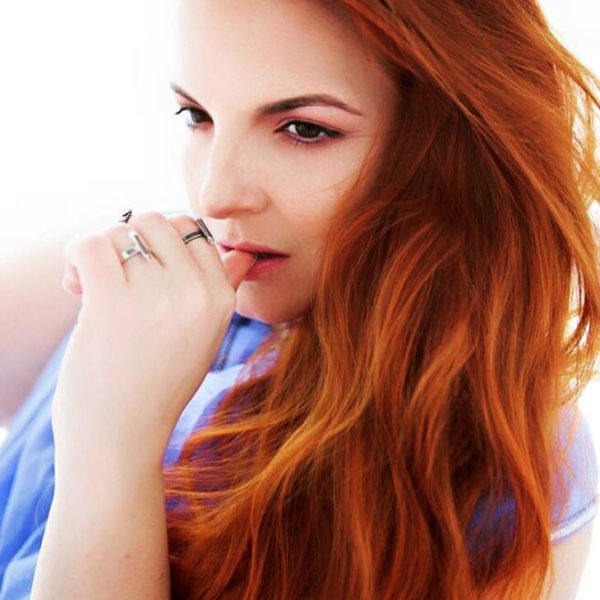

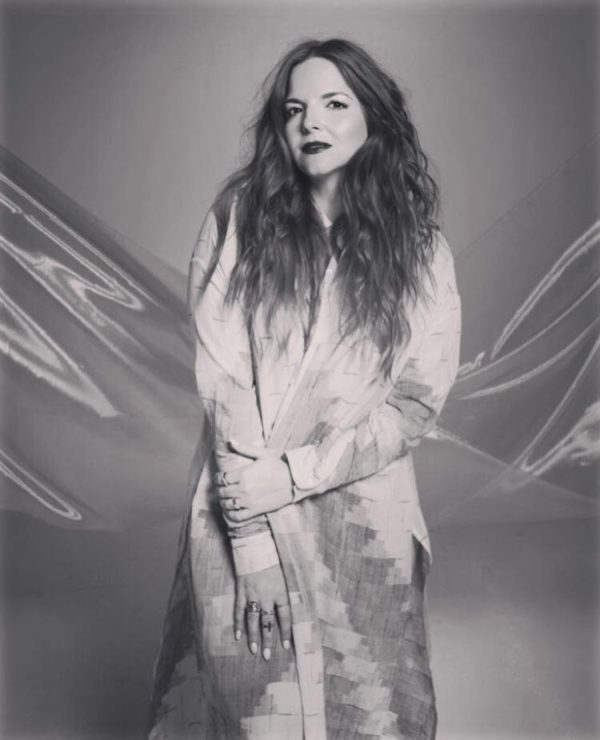
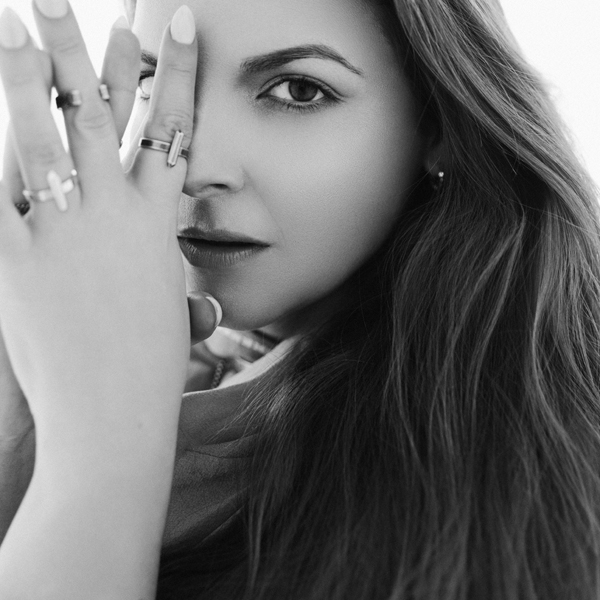
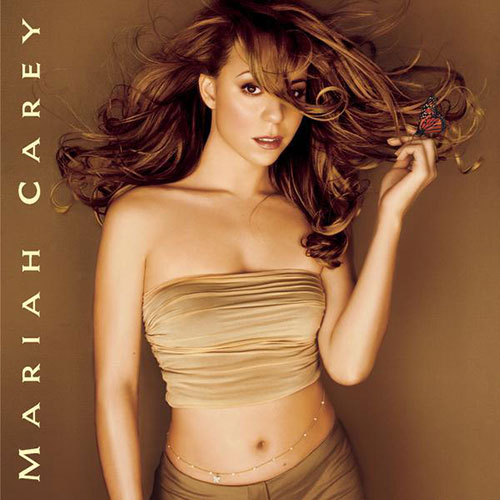
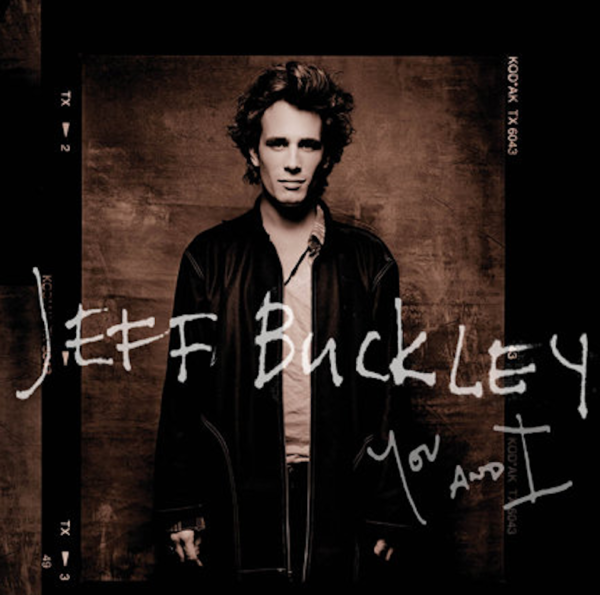
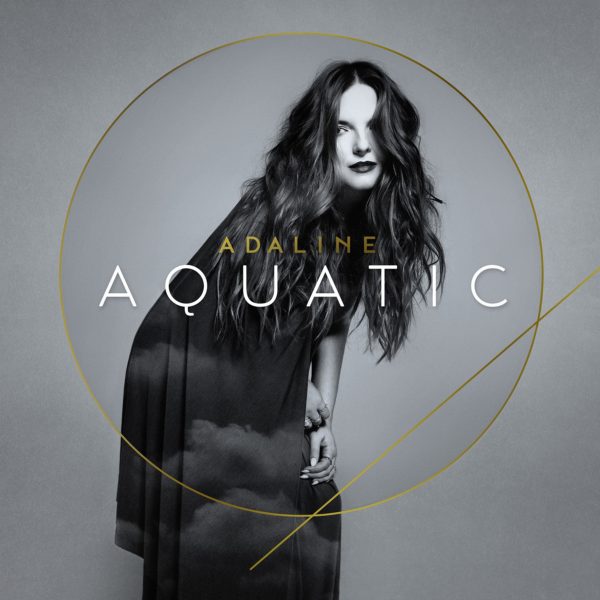
Leave a Reply